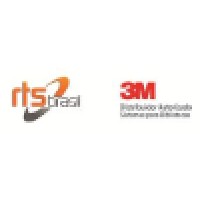
Autônomo
Consultor em segurança e rastreamento para biblioteca, arquivos e centros de documentação. Representante dos produtos 3M para bibliotecas e arquivos. - Sistemas de Rádio Frequência - RF - Sistemas Eletro-magnéticos - EM - Sistemas de Identificação por Rádio Frequência - RFId - Sistemas de auto-atendimento em bibliotecas SISTEMAS DE VIGILÂNCIA PARA PORTOS, AEROPORTOS, ALFÂNDEGAS - Portais ICR - Circuito Fechado TV/IP - Alarmes - Controle de Acesso de Pessoas SISTEMAS DE MONITORAMENTO - GRASP - GRIP






